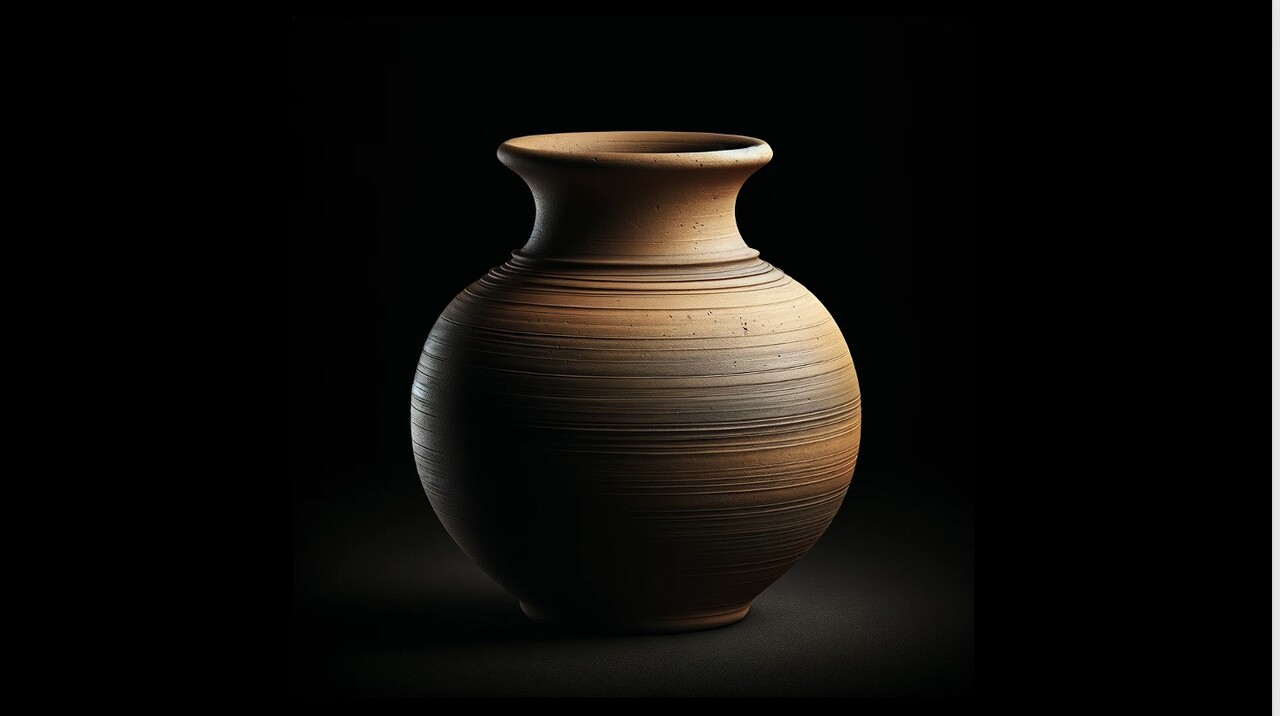Three millennia ago, Lao Tzu, the legendary sage and father of the Tao Te Ching, wrote that while clay is moulded to form a vessel (like a pot), it is its emptiness that renders it useful.
This observation highlights the intrinsic value of what is not immediately visible — the utility born from absence, underscoring a delicate balance between form and function, context and utility, role and value.
Contextual Usefulness
The idea of contextual usefulness transcends time, reminding us that our value (and thus usefulness too) is often defined by the roles we adopt and the contexts within which we operate. Our ‘usefulness’ is not a standalone attribute but a relative one, deeply entwined with our roles and relational circumstances in various aspects of life:
As friends (friendship), we offer support and companionship.
As family members (parents, children, siblings), we provide love, support, and guidance.
As citizens (community), we contribute to the well-being of our society.
As professionals (workplace), we bring skills and innovation.
As neighbors (neighborhood), we foster a sense of belonging and community support.
As artists (culture), we enrich society’s cultural fabric.
As entrepreneurs (economy), we innovate and drive economic growth.
The absence of context renders the concept of usefulness irrelevant, highlighting the importance of environment and engagement in understanding the limits and scope of our value as well as how we can be more or less useful:
I may be useful in one domain of life and useless in others; and you can be exactly the opposite.
The ‘Stigma’ of Feeling Useless
No one likes to feel useless. Let’s face it.
Battling feelings of uselessness is an all-too-common human experience, often triggering deep-seated emotions like low self-esteem and rejection. These feelings, however, can serve as a catalyst for introspection and change.
If you ever feel useless or simply not useful enough, consider the roles you inhabit and contextual spaces in which you exist and how you can adopt a more productive or generous paradigm in one or more of those.
Actionable Steps to Rediscover Usefulness:
In Friendship:Offer an ear or a helping hand to a friend grappling with professional challenges, reinforcing the value of your presence.
Within the Family:Dedicate time to nurturing family relationships, whether through shared activities or heartfelt conversations, to strengthen these essential bonds.
At Work:For those employed, consider supporting colleagues with their workload or embracing new responsibilities. For job seekers, engage in skill-building or networking efforts to open new doors.
Conclusion
Lao Tzu’s wisdom serves as a reminder that usefulness is always context dependent. Remove the context and you remove the meaning of usefulness; on the contrary, the moment you place yourself in a context, you are immediately placed in a values landscape where you can be more or less useful and valuable.
By recognising and embracing our potential to contribute meaningfully across the different aspects of our lives, we can transform feelings of uselessness into opportunities for growth and engagement.
Let us embrace the hollowness as not just a void, but as space filled with endless possibilities for contribution and fulfillment.


